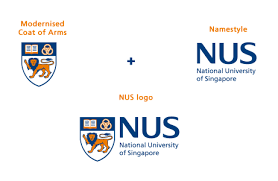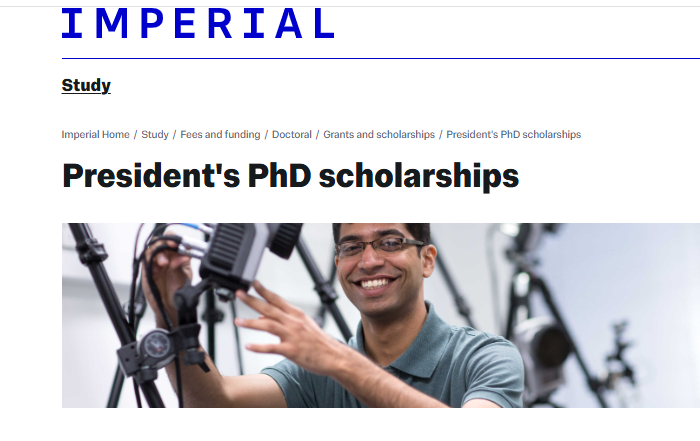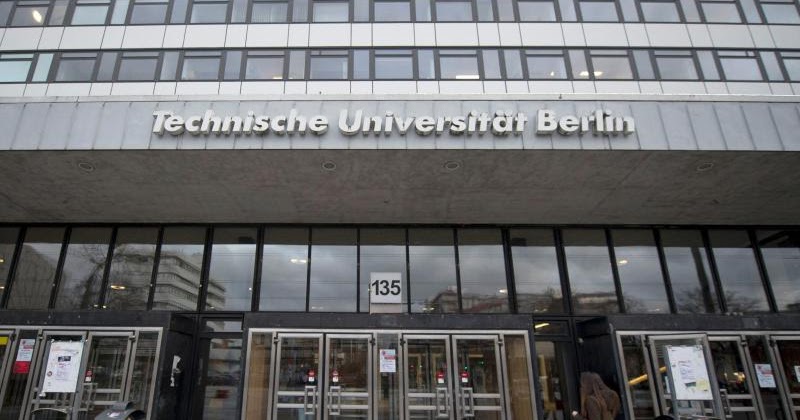To start:Â January 2014Â
Award:
3 year PhD including student fees at the UK/EU rate, funded by the Institute of Psychiatry at Kingâs College London
Supervisors:
Dr. Roland Zahn (main supervisor)
Prof. Steve Williams (co-supervisor)
Project:
In an fMRI study, we have identified the neural basis of self-blaming emotional bias in major depressive disorder, which persists after remission of symptoms (Green et al 2012). More specifically, we detected a lower regression coefficient for the coupling between the right superior anterior temporal lobe (ATL) with the septal/subgenual cingulate cortex region (SSCR) when people with remitted MDD experienced guilt in comparison with control participants. On the basis of these data, the Medical Research Council (UK) has funded a larger prospective study led by Roland Zahn to determine whether self-blame-selective decoupling predicts risk of recurrence of depression. Our interim analysis has confirmed this hypothesis by showing a robust effect size for the difference on this measure between MDD patients remaining stable compared with those who go on to develop another episode within 14 months of the fMRI scan.
Self-blame-selective decoupling is thus the first functional neuroimaging biomarker of risk of depression and therefore represents an excellent target for interventions to reduce the largely increased risk of recurrent episodes in people who have had one episode but are currently remitted (Eaton et al 2008). Jorge Moll, his team at the DâOR Institute for Research and Education in Rio de Janeiro (IDOR), in collaboration with Roland Zahn have provided the technical proof-of-concept that self-blame-selective decoupling on fMRI can be detected and fed back to participants after a short temporal delay in a real-time fMRI setting. Currently, they investigate whether coupling can be increased through neurofeedback training. This study is carried out at IDOR (Principle Investigators: Jorge Moll and Roland Zahn).Â
Transcranial Direct Current Stimulation (tDCS) is known to influence neural coupling. It is unknown, however, whether tDCS can be used to tackle self-blaming biases in MDD and whether there is an additive benefit of combining tDCS and fMRI neurofeedback. tDCS was shown to increase task-specific fMRI coupling (Meinzer et al 2012). It therefore appears feasible to increase fMRI coupling by tDCS.Â
This PhD project aims at developing the first combined tDCS-fMRI neurofeedback system to tackle self-blame-selective neural decoupling and to test its feasibility in major depressive disorder. The student will further have the opportunity to develop novel neuropsychological tests to elucidate the neurocognitive functions of ATL-networks.
Entry requirements:
Applicants should have (or be expected to obtain) a 2:1 or 1st class honours degree in a subject relevant to the proposed project. If applicants already possess (or expect to obtain) a research-based MSc degree, a merit or distinction level is required.
Award type and eligibility:
The studentship covers course fees (Home/EU rate) for the PhD; a stipend (£15,740 per year) and a contribution towards research costs, training and conference attendance. All remaining research costs will be covered by additional funds of the supervisors.
For full details on how to apply, please see the Apply link below.
Closing date:Â 15 September 2013 (23:59 BST) Interviews:Â Before 15 October 2013
Scholarships are not only for the smart students. Anyone can get scholarships













Have a Question about this Scholarship?